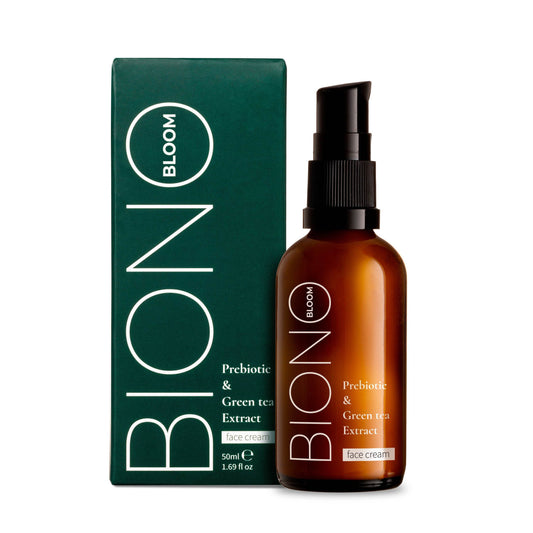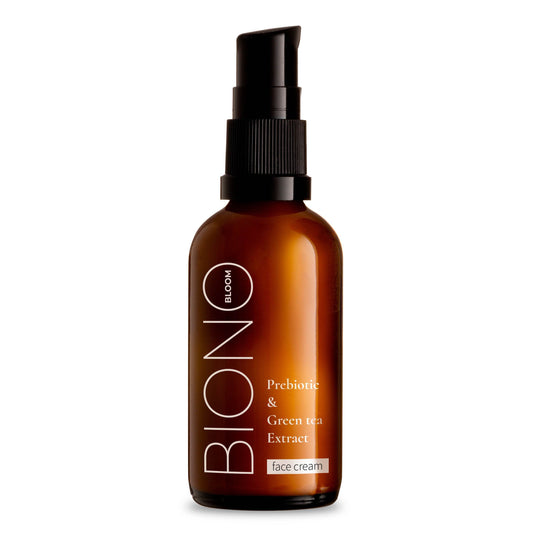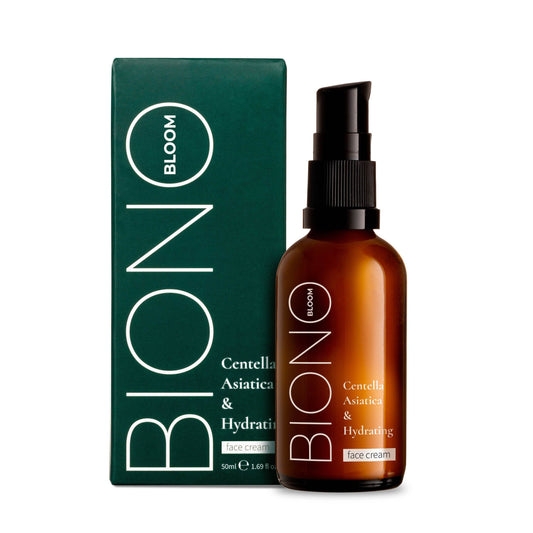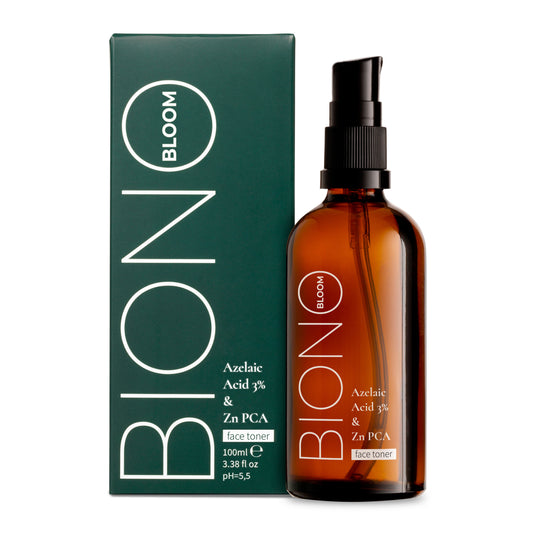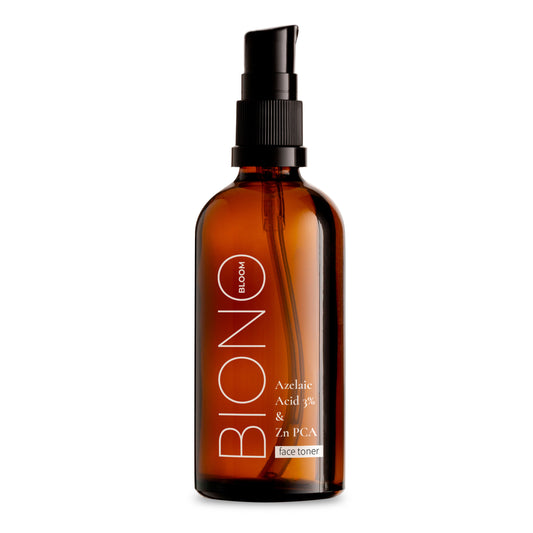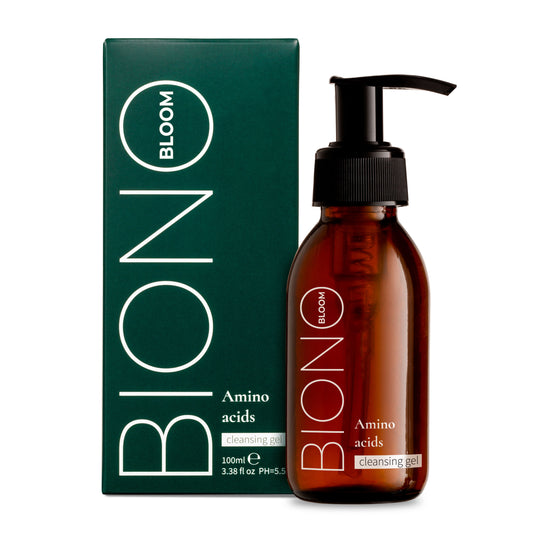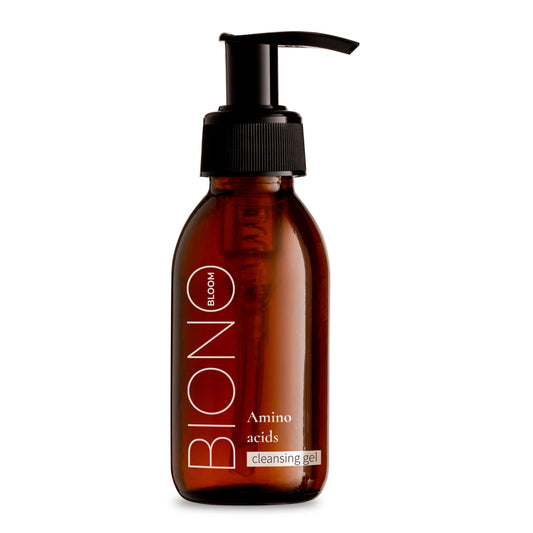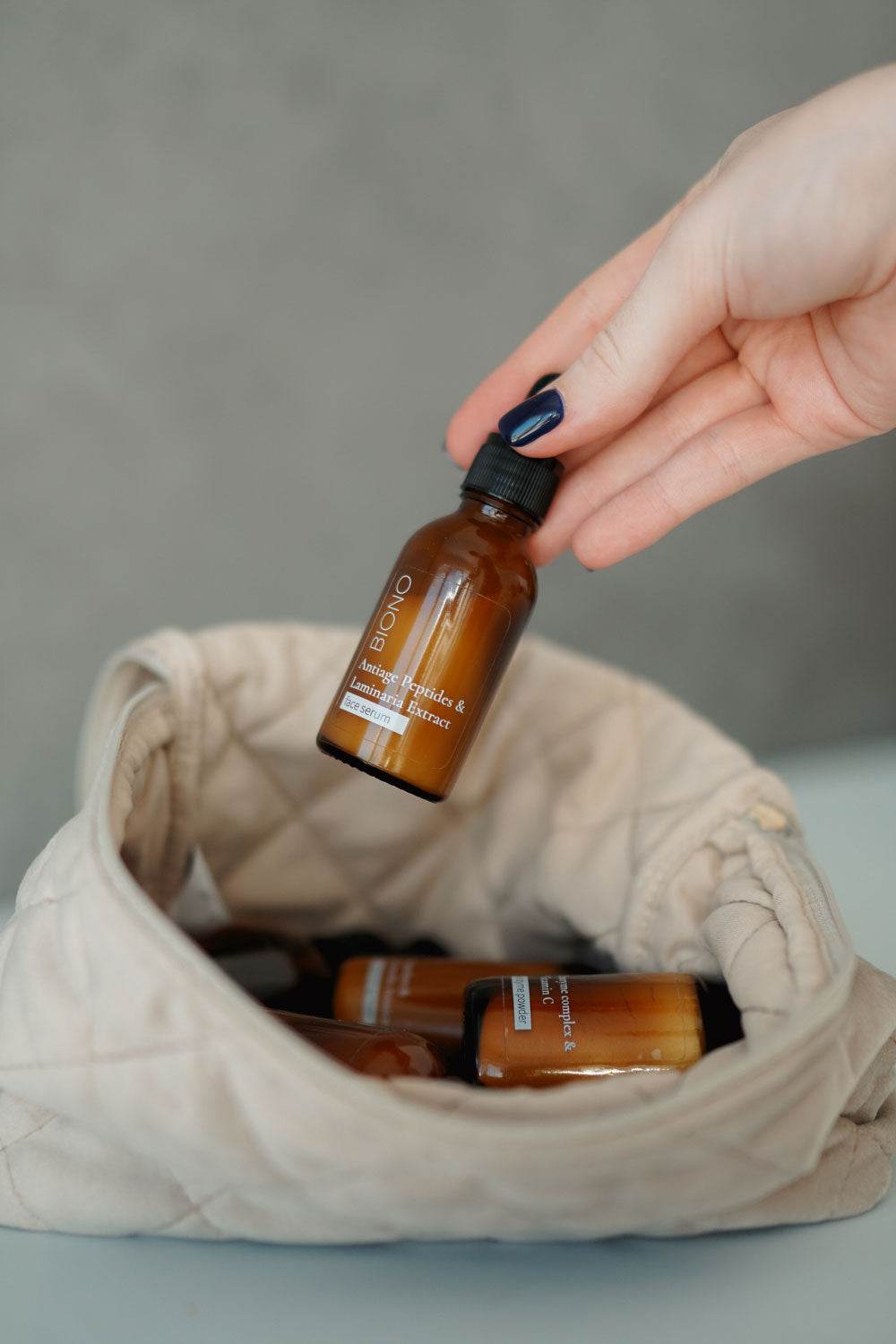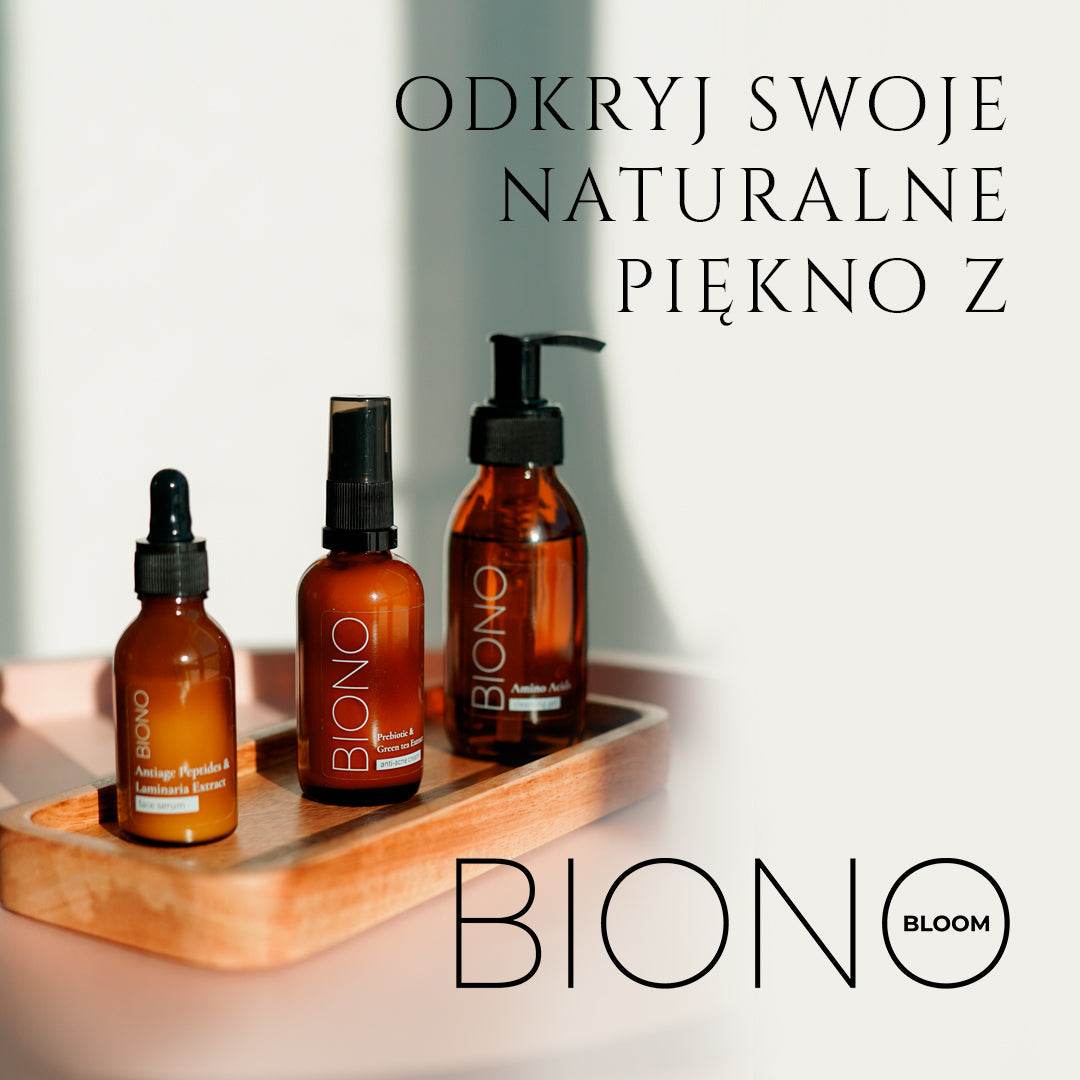
Retinol and Vitamin C Serum – the perfect combination for healthy, youthful skin
Facial skin care is a topic that does not lose its popularity, and one of the most frequently asked questions is: what serum to choose to effectively improve the condition of the skin? Two ingredients that enjoy great recognition among dermatologists and cosmetologists are retinol and vitamin C. Both have strong regenerating, anti-aging and brightening effects, but their properties differ enough that they can be an excellent complement to daily care.
Retinol is known for its properties that stimulate cell renewal and reduce wrinkles, while vitamin C has a strong antioxidant effect, protecting the skin from the negative effects of the environment. Their combination allows you to achieve the effect of healthy, firm and radiant skin, but requires proper use to avoid irritation and to use their potential to the maximum.
Retinol Serum - Concentrated Anti-Aging Care
Retinol serum is one of the most frequently recommended cosmetics in anti-aging treatments. Thanks to the high concentration of the active ingredient, it works more intensively than creams, reaching the deep layers of the skin. There, it stimulates cell renewal, supports the production of collagen and elastin, and also significantly improves the firmness, smoothness and elasticity of the skin. The effect of regular use is visibly younger, radiant skin with a healthy color.
Retinol in the form of a serum is also a rescue for people struggling with imperfections. It helps cleanse pores, regulates the sebaceous glands and reduces the risk of inflammation. It also evens out the skin structure and reduces the visibility of acne scars. Importantly, a well-chosen serum with retinol can be used not only on the face, but also on the neck or décolleté - areas that also require support in the fight against signs of aging.
It is worth remembering, however, that retinol is a powerful ingredient, so its use requires caution. Initially, the serum should be applied 2-3 times a week, in the evening, to cleansed and dry skin. After a few weeks, you can gradually increase the frequency. It is also necessary to use a cream with SPF during the day to protect the skin from photodamage and maximize the effects of the treatment.
Retinol – the gold standard in anti-aging care
Retinol is one of the most studied and effective cosmetic ingredients, which has been used in aesthetic dermatology for years. It is a derivative of vitamin A and has strong regenerative and anti-aging effects, which is why it often appears in the composition of professional skin care cosmetics.
One of the main mechanisms of action of retinol is its ability to accelerate cell renewal. In practice, this means that dead skin cells are exfoliated faster, and new cells are produced more efficiently. As a result, the skin becomes smoother, more elastic and visibly rejuvenated.
In addition to its anti-aging effects, retinol serum also helps with:
- reducing discolorations, evening out the skin tone and eliminating pigmentation spots,
- regulating the work of sebaceous glands, which is beneficial for acne skin,
- reducing the visibility of pores and limiting the formation of blemishes.
However, it is important to remember that retinol is an ingredient that requires caution. At the initial stage of use, it can cause irritation, redness and peeling of the skin, so it is crucial to gradually introduce it into your skincare routine.
How Does Retinol Serum Work? Key Features and Benefits
Retinol serum is a cosmetic with a powerful rejuvenating effect that works much deeper than regular creams. Thanks to its structure, retinol (a derivative of vitamin A) penetrates the deep layers of the skin, where it stimulates cell renewal and the production of collagen and elastin. These two proteins are responsible for the firmness, elasticity and youthful appearance of the skin. Regular use of the serum makes the complexion smoother, tighter and visually rejuvenated.
Retinol has also been proven to lighten discolorations. It evens out skin tone, brightens dull, tired skin, and effectively reduces dark spots — both sun and acne. For many people, this is one of the key reasons to reach for a retinol serum — especially if they struggle with hormonal discolorations or signs of inflammation.
What's more, retinol helps regulate the sebaceous glands. It reduces sebum secretion, which results in fewer blackheads and pimples. It also tightens enlarged pores and smooths the skin's surface, giving it a uniform, healthy look. Thanks to these properties, retinol serum is valued not only in anti-aging care, but also in treatments for problematic and combination skin.
Vitamin C Serum - a daily dose of radiance and protection for your skin
Vitamin C serum is one of the most universal cosmetics in skin care - it works well for both people with mature skin and those who are just starting conscious care. The main task of vitamin C is to neutralize free radicals, which are created by UV radiation, stress or pollution. Thanks to this, the serum acts as a daily protective shield for the skin, preventing premature aging and supporting the skin's natural immunity.
In addition to its antioxidant properties, vitamin C has strong brightening properties. Regular use of the serum helps even out skin tone, reduce discoloration and restore a healthy glow to the complexion. It is an ideal solution for people with gray, tired or uneven skin who want to achieve a fresh effect without makeup. Vitamin C also stimulates collagen synthesis, which makes the skin more firm and elastic.
Vitamin C serum is best used in the morning, after cleansing the face and before applying an SPF cream. This arrangement not only enhances sun protection, but also increases the antioxidant effect. It is worth choosing products with a stabilized form of vitamin C, which retains its properties for a longer time and works effectively even in small concentrations. This is a simple, yet very effective step in daily skin care.
Vitamin C - antioxidant support for the skin
Vitamin C is one of the most powerful antioxidants used in cosmetics. Its main task is to protect the skin from the harmful effects of external factors, such as UV radiation, air pollution or oxidative stress. By neutralizing free radicals, vitamin C effectively prevents premature aging of the skin, supports its natural defense mechanisms and improves the overall condition of the skin.
In addition to its protective effect, vitamin C also affects the synthesis of collagen – a protein responsible for skin firmness and elasticity. Thanks to this, regular use of serums or creams with this ingredient helps reduce the visibility of fine lines and improves skin firmness. The complexion becomes more elastic, smooth and radiant. Additionally, the collagen-forming effect of vitamin C perfectly complements the regenerative potential of retinol.
Another valuable asset of vitamin C is its ability to lighten discolorations. This ingredient gently evens out skin tone, reduces pigmentation spots and adds radiance to the complexion. However, to fully utilize its potential, it is best to use vitamin C products in the morning – before applying a cream with SPF. This combination strengthens the skin's protective barrier and provides it with long-lasting protection against the harmful effects of sunlight.
Can you combine retinol and vitamin C in one treatment?
Retinol and vitamin C are two incredibly effective active ingredients that have gained a reputation in skincare. While each works slightly differently, both offer a range of benefits, from fighting signs of aging to improving skin tone and texture. It’s no wonder that many people wonder if they can be combined in the same skincare routine. Unfortunately, the answer is: avoid it.
The main reason why it is not recommended to use retinol and vitamin C at the same time is the difference in the optimal pH of these substances. Retinol works best in a slightly alkaline environment, while vitamin C requires a low, acidic pH. Combining these two ingredients in one application can lead to a weakening of their properties, as well as an increased risk of irritation, redness, or a feeling of tightness.
To safely enjoy the benefits of both substances, dermatologists recommend separating them in time. Vitamin C is best applied in the morning – before sunscreen, to provide the skin with antioxidant protection during the day. Retinol, on the other hand, is best applied in the evening, when the skin regenerates most intensively. Such a schedule not only increases the effectiveness of both ingredients, but also minimizes the risk of adverse reactions.
How to properly introduce retinol and vitamin C serum into your skincare routine?
Introducing powerful active ingredients like retinol and vitamin C requires caution and strategy. While both have great skincare potential, improper use can lead to irritation, dryness, and redness. The key is to apply them in the right order and at the right time—vitamin C is best applied in the morning, while retinol is best reserved for the evening.
Vitamin C is perfect for your morning skincare routine. Applied before your SPF cream, it strengthens the skin's protective barrier and neutralizes the effects of free radicals that are created by UV radiation or pollution. Retinol, on the other hand, has a regenerative effect, so an evening application allows your skin to benefit from its properties during night-time cell renewal. This division of the day allows you to fully utilize the effects of both ingredients without the risk of them "canceling" each other.
It’s also incredibly important to gradually introduce both ingredients, especially if you have sensitive or reactive skin. Start by using vitamin C every morning and retinol every other or third night. Monitor your skin’s response and increase the frequency slowly. Also, remember to moisturize heavily and use daily sun protection—SPF is a must, especially when using retinol, which can make your skin more sensitive to the sun.
Summary – retinol and vitamin C as a perfect duo
Retinol serum and vitamin C serum are excellent cosmetics that complement each other, improving the appearance and condition of the skin. Retinol supports cell renewal, reduces wrinkles and regulates sebum, while vitamin C has an antioxidant effect, brightens the complexion and supports collagen production.
To avoid irritation, it is best to use:
- retinol night serum,
- Vitamin C serum in the morning.
Regular use of these ingredients will make your skin look healthy, radiant and young for a long time. It is worth including them in your daily care, remembering about proper hydration and sun protection.
Does your skincare routine already include a retinol and vitamin C serum? If not, it might be time to try this foolproof duo!

